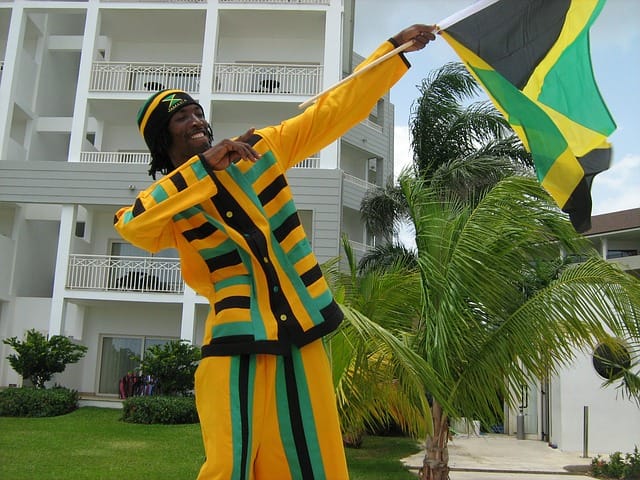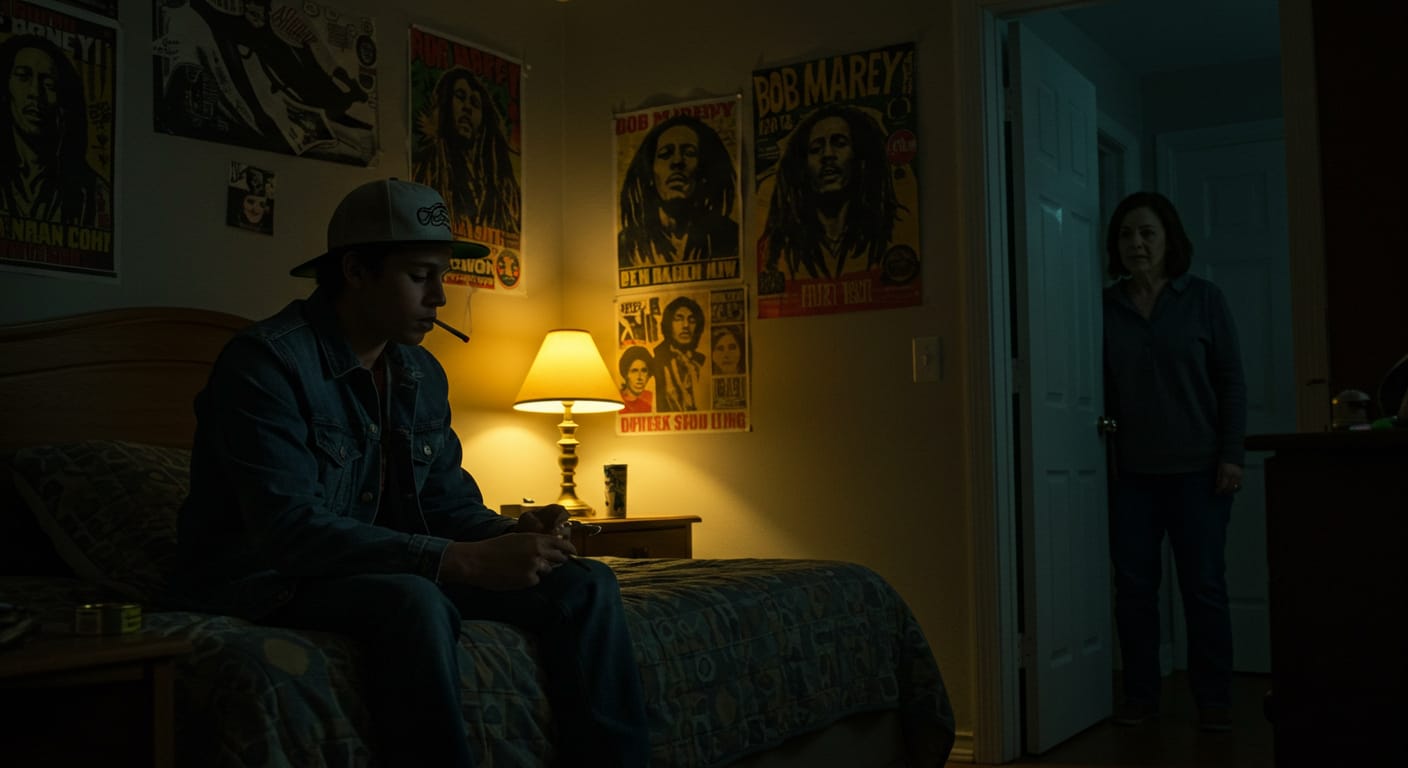Drugs, Teens, and Pop Culture’s Influence
The drug crisis is silently consuming our youth—and one of its most powerful enablers isn’t just the drugs themselves, but the pop culture icons who glamorize them. So what does Bob Marley have to do with today’s teen drug epidemic?
A lot more than you might think.
In today’s world, media and music control culture. As Allen Ginsberg once said, “Whoever controls the media, the images, controls the culture.” Unfortunately, many of those images now celebrate drug use, especially marijuana, as something harmless or even spiritual.
The Bob Marley Effect
Bob Marley, while undeniably a musical legend, has also become a cultural symbol for marijuana. His image is often used to market cannabis products—posters, T-shirts, rolling papers, oils, edibles, and more. For teens who are still forming their identities, this branding sends a clear and dangerous message:
“If Bob Marley smoked it, it must be okay.”
But let’s be clear: teens are not ready to make fully informed decisions about substance use, especially marijuana. With today’s high-THC strains and chemically-laced products, the marijuana being smoked now is not the same as it was in Marley’s time. And while marijuana may be legal for adults in some states, it is still illegal—and unsafe—for teens.
The Danger of Mixed Messages
As former Drug Czar John Walters said, “Too many young people are receiving mixed messages and inaccurate information about drugs.”
Teenagers today face:
-
Peer pressure to use marijuana or vape THC
-
Exposure to misleading content glamorizing drug use
-
Celebrity endorsements that normalize or trivialize drug use
-
Marijuana-infused consumer products marketed like candy or cosmetics
What seems “cool” or “natural” is often anything but harmless.
Teens Are Not Prepared
The adolescent brain is still developing. Drug use—especially marijuana—can interfere with:
-
Memory and concentration
-
Mood regulation and mental health
-
Decision-making and impulse control
Marijuana use in teens has also been linked to increased risk of depression, anxiety, and psychosis, particularly in those with a family history of mental illness.
Pop Culture as Permission
Whether it’s Bob Marley, rappers, or influencers, celebrities’ opinions are often seen as approval. When stars glamorize marijuana or other drugs, kids take notice. They interpret these messages as validation—believing if their heroes do it, it must be safe.
This is why parental involvement is more critical than ever. Legalization doesn’t make it safe for everyone, and teenagers are not small adults—they need structure, facts, and guidance.
Call to Action
This isn’t just a concern. It’s an emergency.
-
Parents, talk to your children.
-
Communities, challenge your leaders.
-
Schools, educate with facts, not fear.
-
Media outlets, stop glorifying drug use.
Bob Marley’s legacy should be about music, unity, and peace—not about being a symbol for casual drug use among teens.
Final Thoughts
What are your thoughts? Should Bob Marley’s image be used to promote marijuana to young people? Should celebrities be more mindful of their influence? Let’s have the conversation—and protect the next generation.


